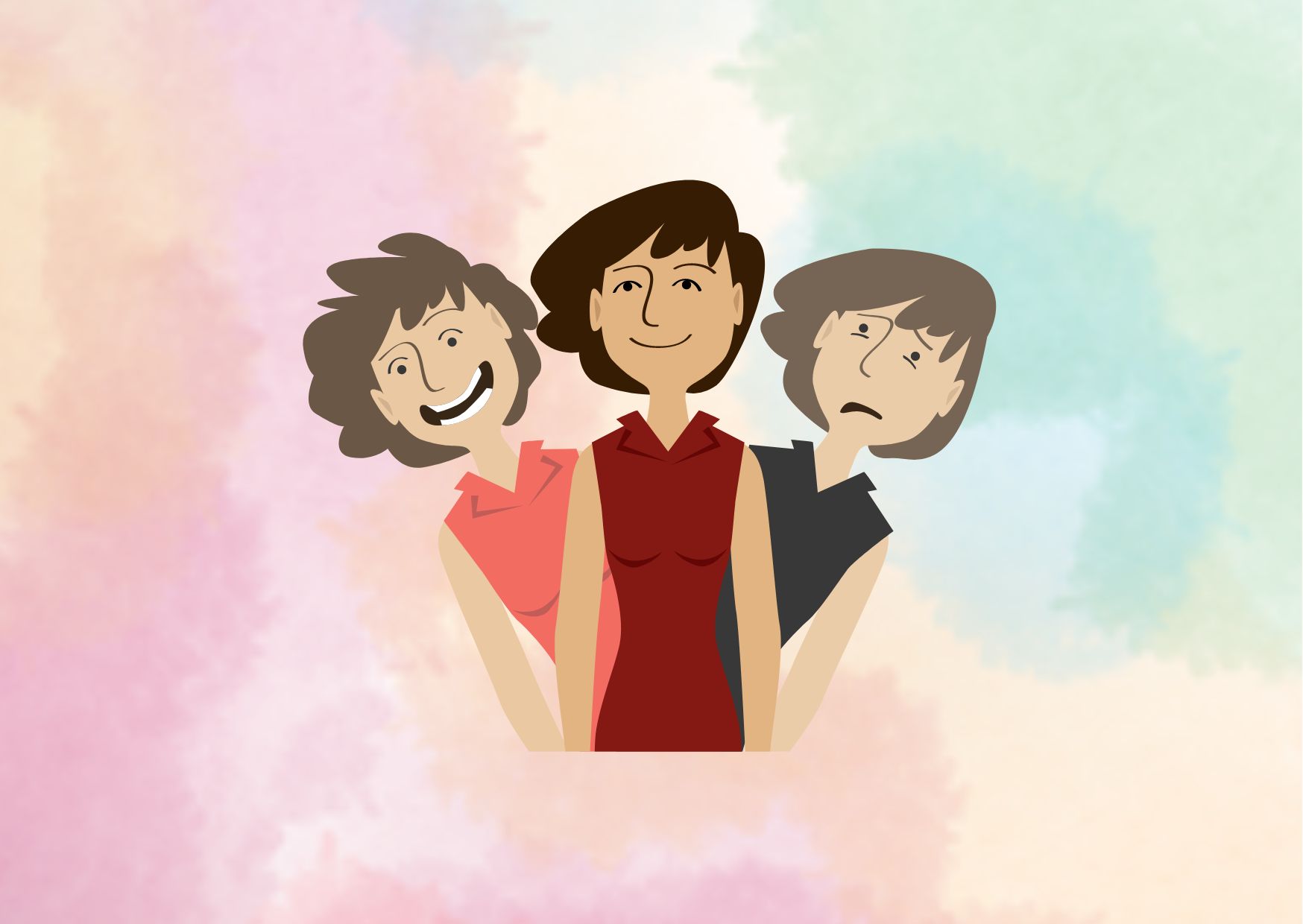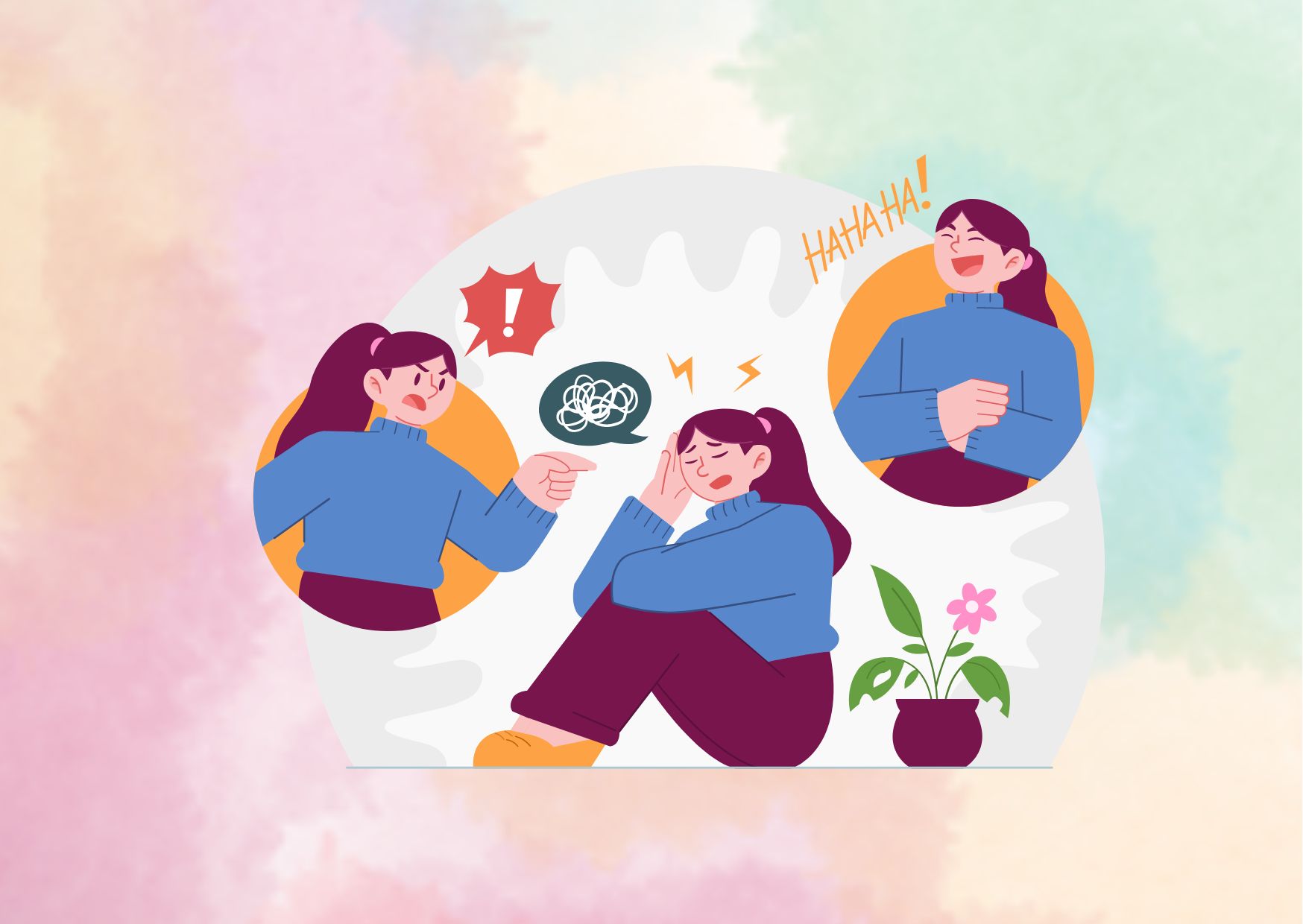Unipolar vs Bipolar depression
Fighting depression may be a challenging, isolating journey. Understanding the many forms of depression and how they might impact your life and health is essential. Major depressive illness, also known as unipolar depression, is defined by a protracted period of melancholy and a lack of motivation that lasts for two weeks or longer. Extreme highs and lows in energy, mood, and activity levels are symptoms of bipolar depression (also known as bipolar disorder).
Depression is a complex and debilitating mental illness that affects millions of people worldwide. It is a leading cause of disability and a major contributor to the global burden of disease. Depression can be classified into different subtypes based on its symptoms and severity. Unipolar and bipolar depression are two such subtypes that are characterized by distinct features and treatment approaches.
Unipolar Depression
Unipolar depression, also known as major depressive disorder (MDD), is a type of depression that is characterized by persistent feelings of sadness, worthlessness, and hopelessness. It is called unipolar because it involves only the depressive pole of mood swings, meaning individuals with unipolar depression do not experience periods of elevated mood or mania.
The symptoms of unipolar depression can be severe and persistent, often interfering with daily activities and quality of life. Treatment options for unipolar depression typically include psychotherapy, medication, or a combination of both.
Bipolar depression
Bipolar depression, on the other hand, is a subtype of depression that is characterized by both depressive episodes and periods of elevated mood or mania. Bipolar disorder involves cycling between extreme highs and lows, with episodes of depression alternating with episodes of mania or hypomania.
The depressive episodes of bipolar depression are similar to those of unipolar depression, but they are usually accompanied by periods of hyperactivity, impulsivity, and irritability. Treatment for bipolar depression often involves a combination of medication and psychotherapy, with a focus on stabilizing mood and preventing relapses.
Unipolar vs Bipolar depression
While unipolar and bipolar depression share some similarities, such as feelings of sadness and hopelessness, they differ in their presentation, severity, and treatment approaches. Understanding the differences between these two subtypes of depression is crucial for accurate diagnosis and effective treatment.
The similarities and distinctions between unipolar and bipolar depression will be discussed in this article. To help you better understand your own experience with depression, we’ll go over the causes, symptoms, treatments, and outlooks of each illness.
Unipolar Depression: What Is It?
Unipolar depression is primarily distinguished by a protracted period of depressed mood and lack of desire. Other names for it include clinical depression, recurrent depression, and severe depressive disorder. People frequently encounter a variety of symptoms during this time, including:
- Difficulty concentrating
- Sleep disturbances
- Irritability and feelings of hopelessness or worthlessness
- Suicidal thoughts or attempts
- Loss of interest in once-enjoyable activities
- Persistent feelings of sadness or emptiness
- Changes in appetite

